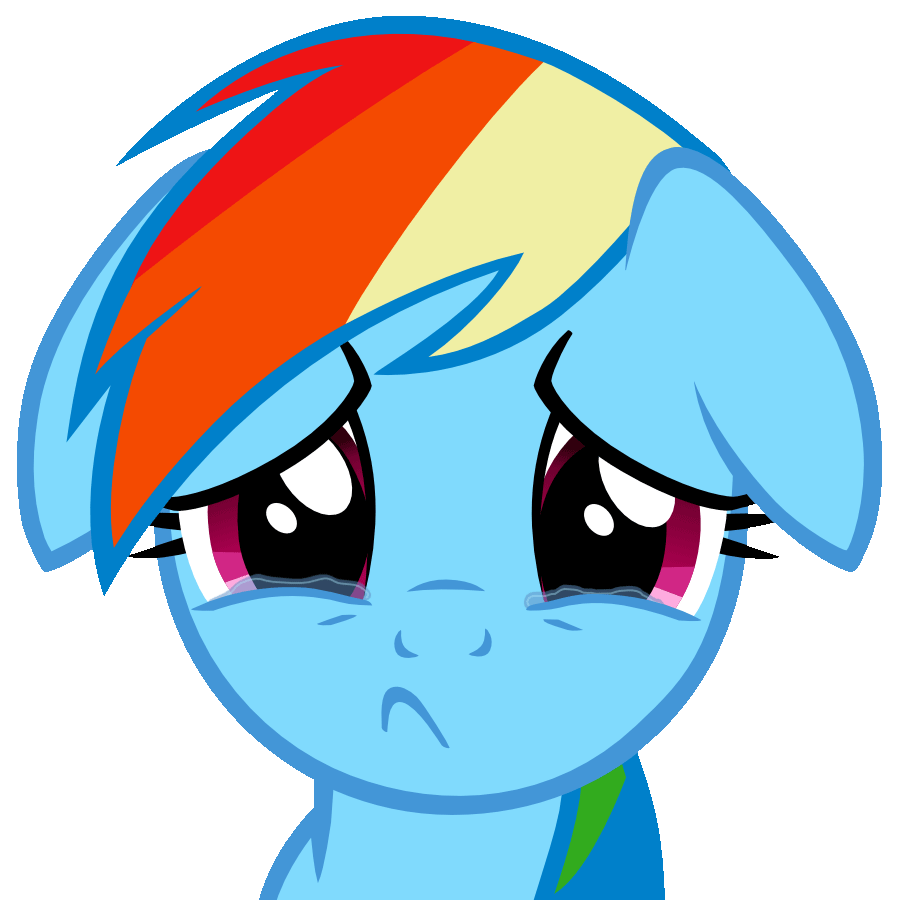The thing is though is it isn't L-Cancelling that allows you to punish your opponent. It's the effect that L-Cancelling has on your landing lag. Depth is an element that requires the player to choose between a variety of relevant options. However, since L-Cancelling is always the correct decision, there is no depth since the choice is made for you. From there it comes down to execution.
The proposed argument I make is that it adds an element of satisfaction to the game. There are many examples of pure technical barriers in place in fighting games, as well as other games, that are put there simply to challenge the player through their ability to ascend mechanically. It's a way of rewarding the player for their hard work, time, and dedication. It feels good to do it, and you feel excited knowing you performed it correctly. And given how easy L-Cancelling is to do, it seems reasonable. If you can learn to ride a bicycle, you can certainly L-Cancel in Smash.
Just because something is included that doesn't add perceivable depth doesn't mean it doesn't serve an important purpose. Those are the reasons I personally enjoy L-Cancelling, and I think it is an important consideration. Ultimately though it comes down to design philosophy, and whether or not you want your game to have a certain level of technical challenge, if at all.

